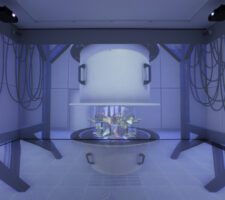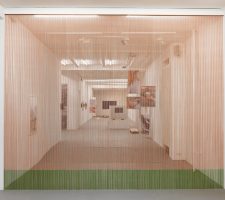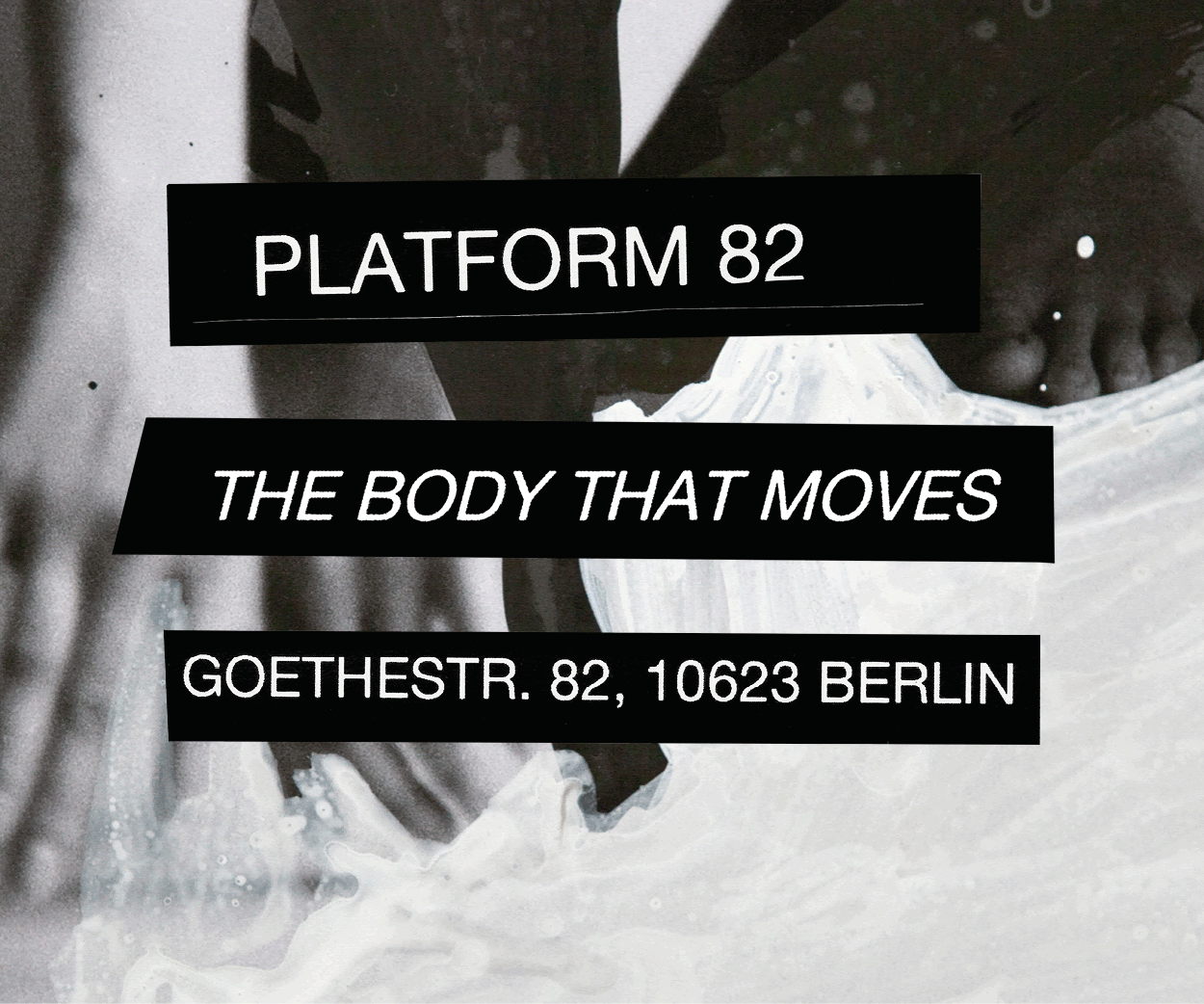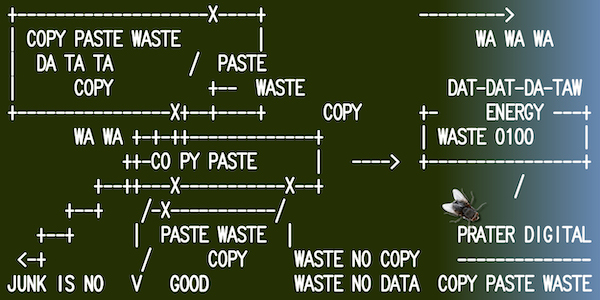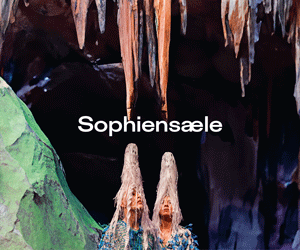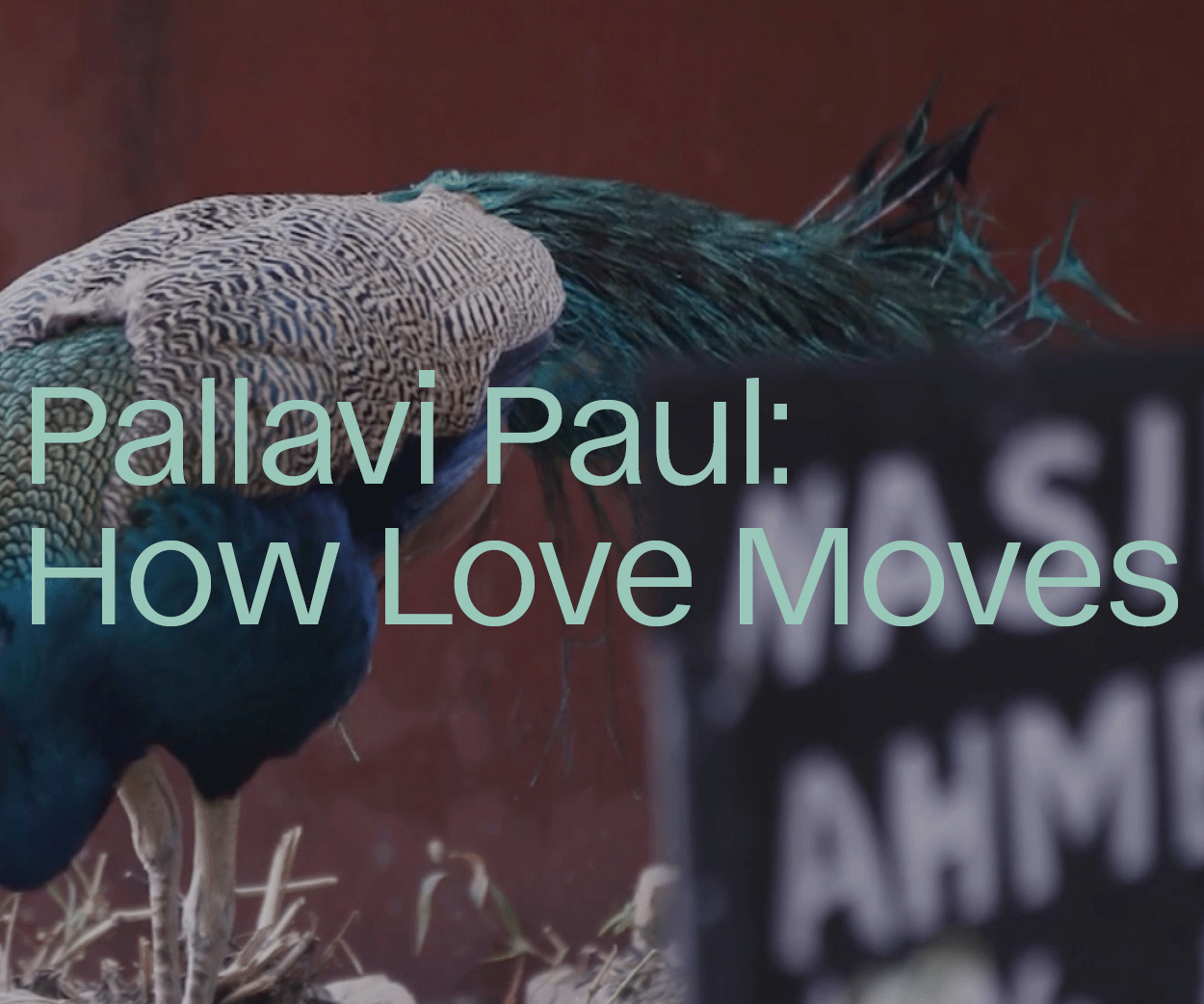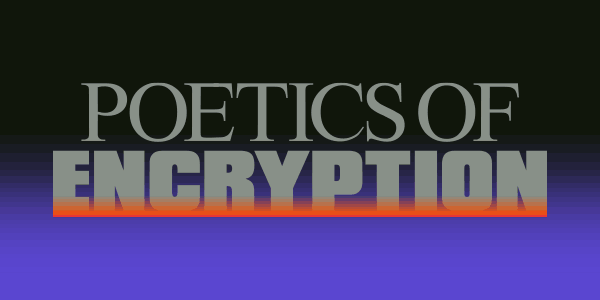Posts Tagged ‘Karen Barad’
Aleksandra Domanović
by Alice Connolly O’Brien // Nov. 5, 2021
Aleksandra Domanović’s recent commission by Audemars Piguet Contemporary, ‘Becoming Another,’ gave us the perfect excuse to meet with her in her Kreuzberg studio…[read on]
A Hands-Off Exploration of ‘Touch’ at nGbK
Article by Isabelle Hore-Thorburn // Oct. 05, 2018
A rose-pink chainlink curtain demarcates the entrance to ‘Touch’ at nGbK. Walking through the threshold of the exhibition, I touch and am touched by Ruth Buchanan’s work, Split, Splits, Splitting…[read on]
Exhibition // Barbara Kapusta: ‘Empathic Creatures’ at Ashley Berlin
Article by Jess Harrison in Berlin // Jan. 23, 2018
‘Empathic Creatures’, Barbara Kapusta’s first solo exhibition in Germany, presents a new body of work, combining film, sculptural objects and text, all of which studies how objects engage with each other and with us as spectators…[read on]
Nature // The Laboratory for Aesthetics and Ecology: An Interview with Ida Bencke
Article by Rebecca Partridge in Berlin // Jul. 12, 2016
Contemporary art is no stranger to environmental issues, though the question of how artists engage in our ever more pressing crisis of nature is undergoing a fundamental shift. In the light of the anthropocene…[read on]


